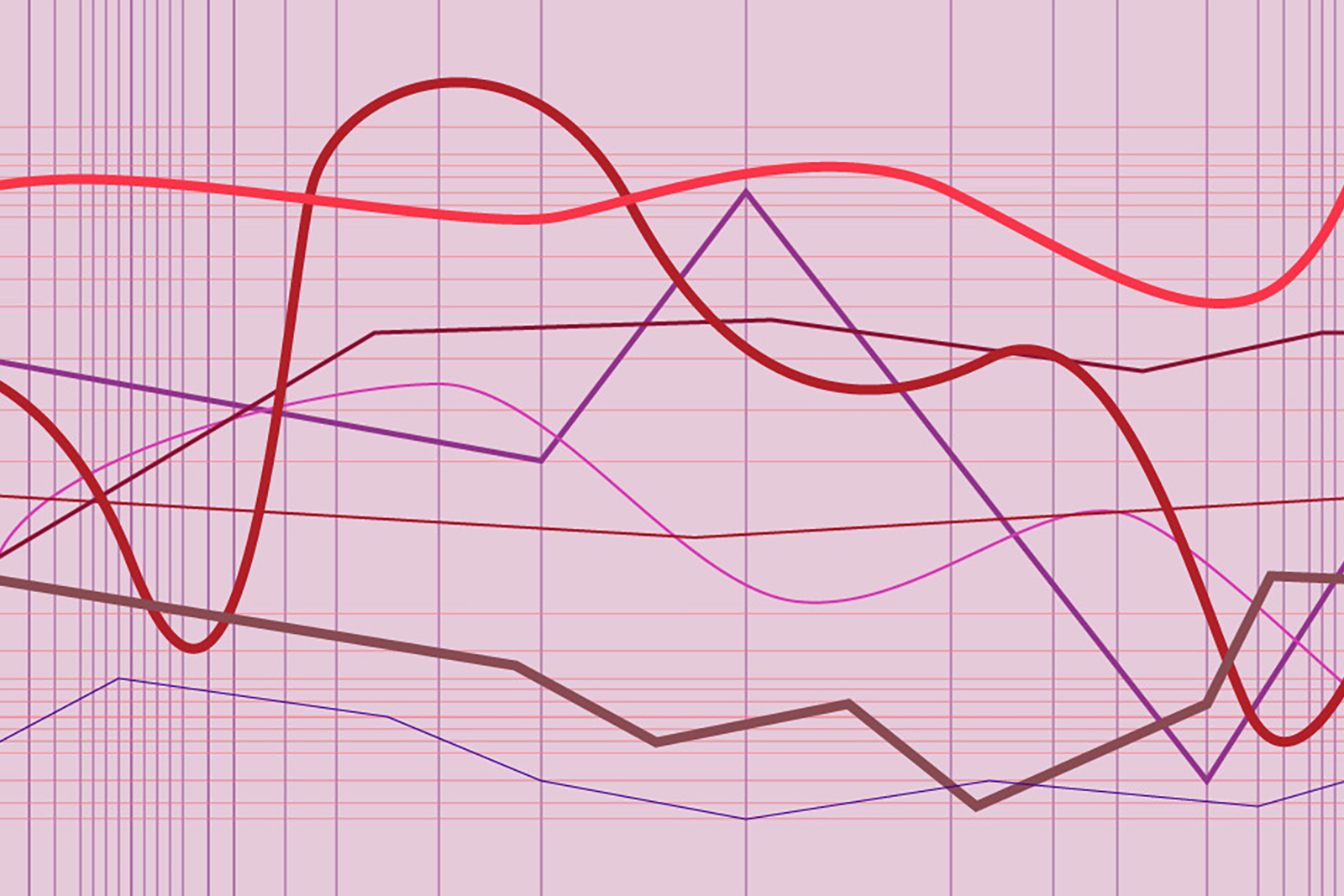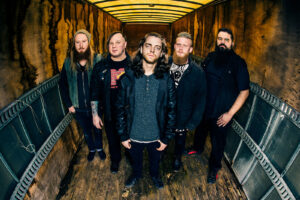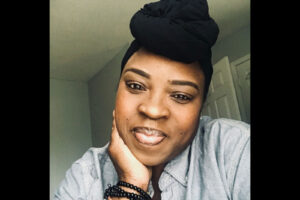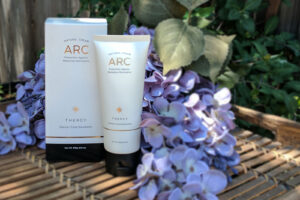Cancer treatments are comprehensive. As cancer patients, our lives become punctuated by doctor appointments and treatments. Rarely a week goes by where you don’t visit the lab for a blood draw or see your oncologist, surgeon, radiation therapy team, chemotherapy team, therapist, or nurse practitioner. Instead of living and seeing a doctor very occasionally, cancer patients see doctors constantly and try desperately to find pockets of time to live.
At some point, if you’re lucky, active treatment will end. You’ll be declared “no evidence of disease” and told to come back and see your doctor in three months. It sounds insane when you hear it for the first time. I should know. That’s how I felt.
I had “graduated,” cleared to return to the land of the living.
If you are like me, you will likely feel some combination of exhausted, poisoned, bald, ill, or stitched back together, with missing or brand new cyborg-like body parts. This new person is a stranger who doesn’t know how to navigate their old life with a seemingly new, yet damaged body and boondoggled mind.
Doctors expect survivors to be thrilled to resume “normal” life. What they don’t take into consideration is that nothing can be “normal” ever again. Normalcy was thrown out the window after receiving our cancer diagnoses. We endured months or years of difficult and painful treatments. There was no up or down; there was only straight through to the next treatment. We just had to keep walking, one foot in front of the other.
At the end of active treatment, my oncologist said, “Well, we’ll see you in three months.” I felt abject horror at these words. As a fighter, I came to rely upon my constant doctor visits, surgeries, and chemotherapy appointments. Stopping chemo seemed irresponsible. It was the very thing actively killing any rogue cancer cells in my body! What was this tomfoolery?!
Schedules and structure aided in making time pass. Six more sessions of chemo treatments equaled 12 more weeks. Surgery equaled six more weeks of recovery. Radiation added another 30 days to my timeline. Time is quantifiable when you’re living treatment to treatment, but life after cancer feels open-ended. What comes next? Would you send a sick, hairless, weak baby animal back to the jungle?
Time is quantifiable when you’re living treatment to treatment, but life after cancer feels open-ended.
I can safely say the year after cancer was worse than the year going through cancer. I felt physically terrible, I didn’t look or feel like myself, and most jarring of all, my entire outlook on life had been irrevocably altered. The life I knew before diagnosis was reshuffled like a deck of cards. Yet, with treatment over, what else was there to do except attempt to walk back into some version of my old life?
What choice do we really have? Someone needs to raise our kids or work to pay our bills. Life goes on, and we were the lucky ones who made it back to our old lives filled with carpools and status reports at work.
Physical healing is linear. Outside of complications, we know what to expect. But emotional and mental healing? That is a whole other story.
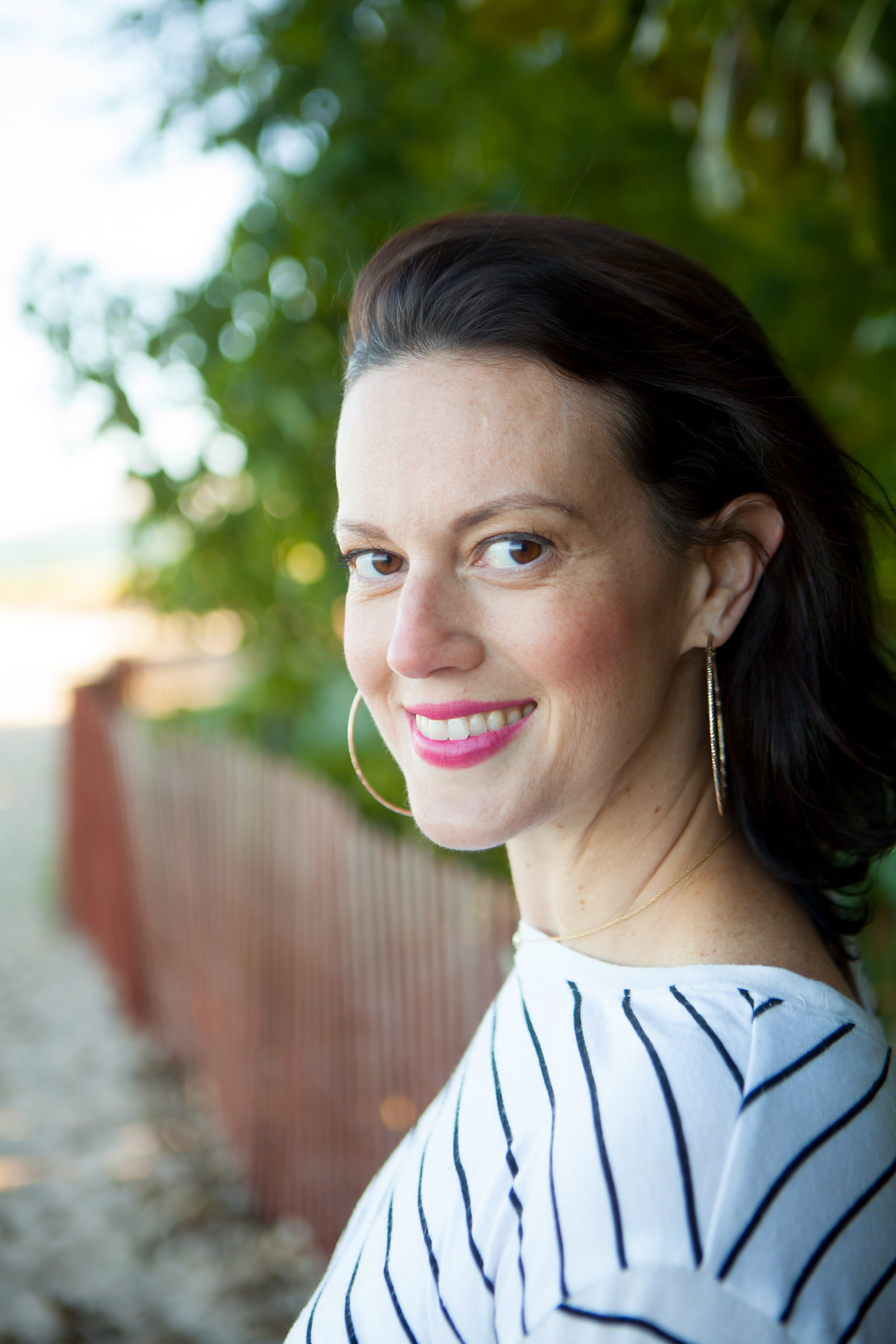
Survivors and thrivers need tools to learn how to live again. If we don’t see the oncologist for three months, we should still have a structure in place to see a social worker in three weeks for a check in. And wouldn’t it be great to join a peer-led support group six weeks after that?
As patients, we are kept isolated from one another. It makes sense when we are immunosuppressed and sick. But once we’ve “graduated,” why can’t we meet one another to process the trauma of treatment? Our family and friends are great, but ultimately, it is hard to answer questions like, “What just happened to me?” if you haven’t undergone treatment.
HIPAA restricts doctors from personally connecting any two people, but what if there was a platform to find one another if we want to be found? How wonderful would it be to ask someone who has faced what you are facing, within your own hospital system, what the next six months of treatment might look like? Our doctors only know so much, but the fighters and survivors know the true reality. I can tell you what the side effects of Drug X feel like, not just what the pharmaceutical company list as one of the drug’s billion potential outcomes.
Virtual groups connect cancer patients across the globe (and they are a gift, as I have participated in a few myself), but what I craved most after ending treatment was the ability to connect with someone I could see and hug. Someone who could look at me and say, “You are not alone,” and then hand me a tissue if I cried.
To a degree, I found that security in my own self-made community. My personal blog receives 400,000 visits per month, and a documentary was made about my life. I’ve been called a local “cancer-lebrity,” and I am contacted multiple times a week by friends and acquaintances who want me to connect with someone recently diagnosed. I am the support for others I always wanted. It is a privilege and a challenge as I am only one person. Finding the right balance is a work in progress; I actively workshop ideas about how I can create the community I desire. I haven’t figured it out quite yet, but I will soon.
To my fellow fighters and survivors, know that there are thousands of us out here walking congruent paths. Your feelings are valid and have meaning. You are by no means alone.
Living after cancer is hard; sometimes it feels impossible. I have walked this path, and I applaud my fellow survivors for waking up today and facing this new life as only a cancer survivor can: with the knowledge of yesterday and the gift of another day.

